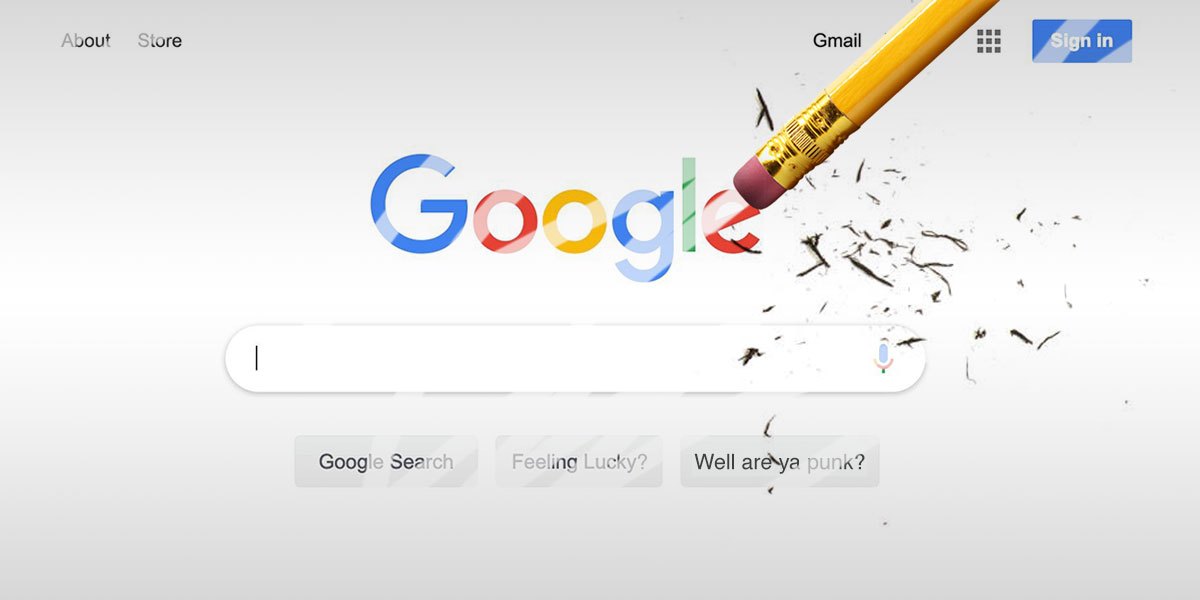- cross-posted to:
- technology@lemmit.online
- cross-posted to:
- technology@lemmit.online
For the next three years, Google must meet the following criteria:
- Allow third-party app stores for Android, and let those app stores distribute all the same apps as are available in Google Play (app developers can opt out of this);
- Distribute third-party app stores as apps, so users can switch app stores by downloading a new one from Google Play, in just the same way as they’d install any app;
- Allow apps to use any payment processor, not just Google’s 30 percent money-printing machine;
- Permit app vendors to tell users about other ways to pay for the things they buy in-app;
- Permit app vendors to set their own prices.
Google is also prohibited from using its cash to fence out rivals, for example, by:
- Offering incentives to app vendors to launch first on Google Play, or to be exclusive to Google Play;
- Offering incentives to app vendors to avoid rival app stores;
- Offering incentives to hardware makers to pre-install Google Play;
- Offering incentives to hardware makers not to install rival app stores.



I like all of this stuff. But Apple needs to do all this even more than google.
That’s exactly what I was thinking. I’m baffled as to how Apple won their version of this lawsuit when their system is arguably more of a monopoly than Google’s, since there were still ways to use 3rd party app stores on Android but not in Apple’s ecosystem.
Does it just come down to how connected Apple’s lawyers were vs Google’s? How about an investigation of all involved, assuming things don’t go to complete shit over the next few months?